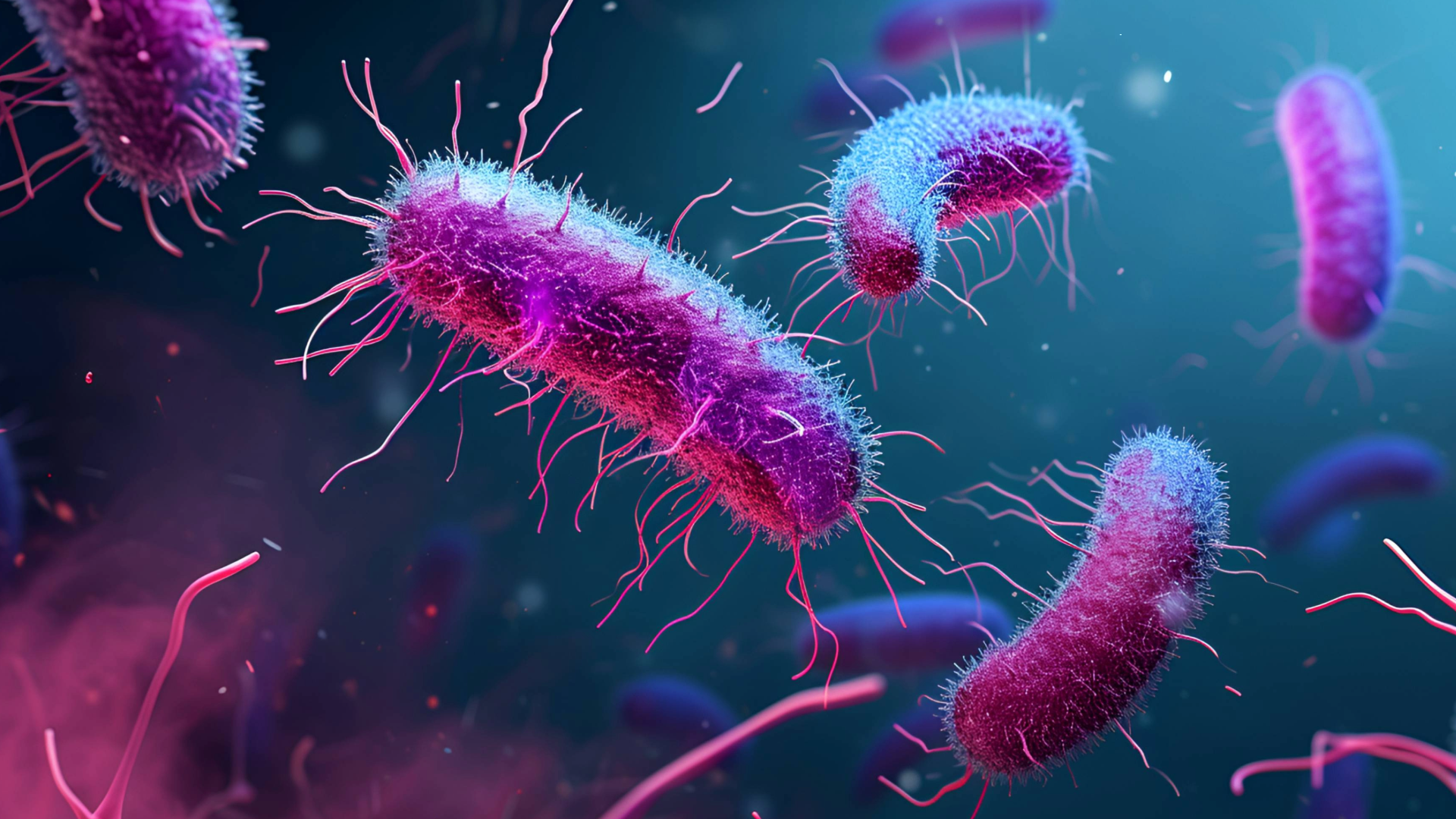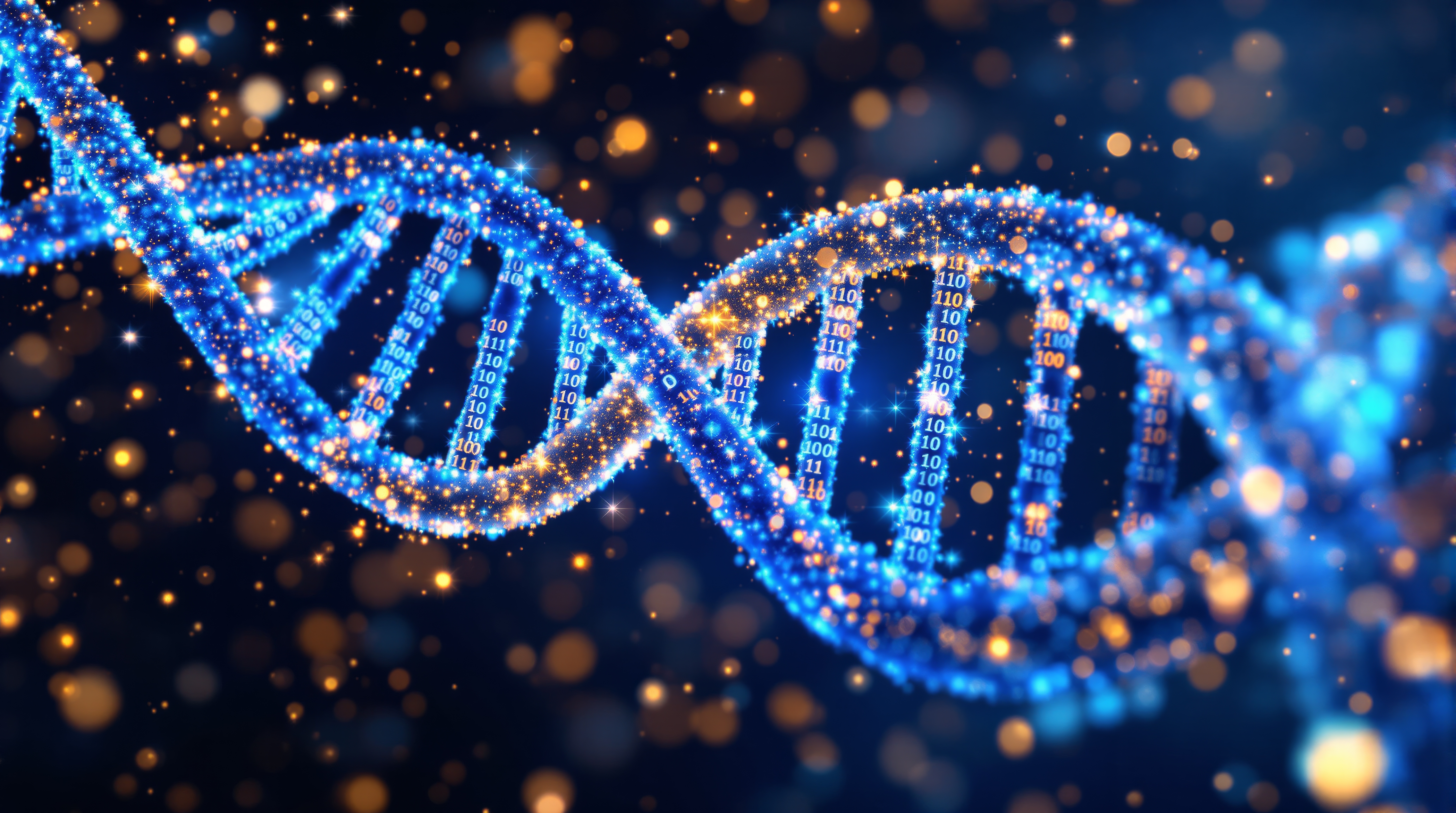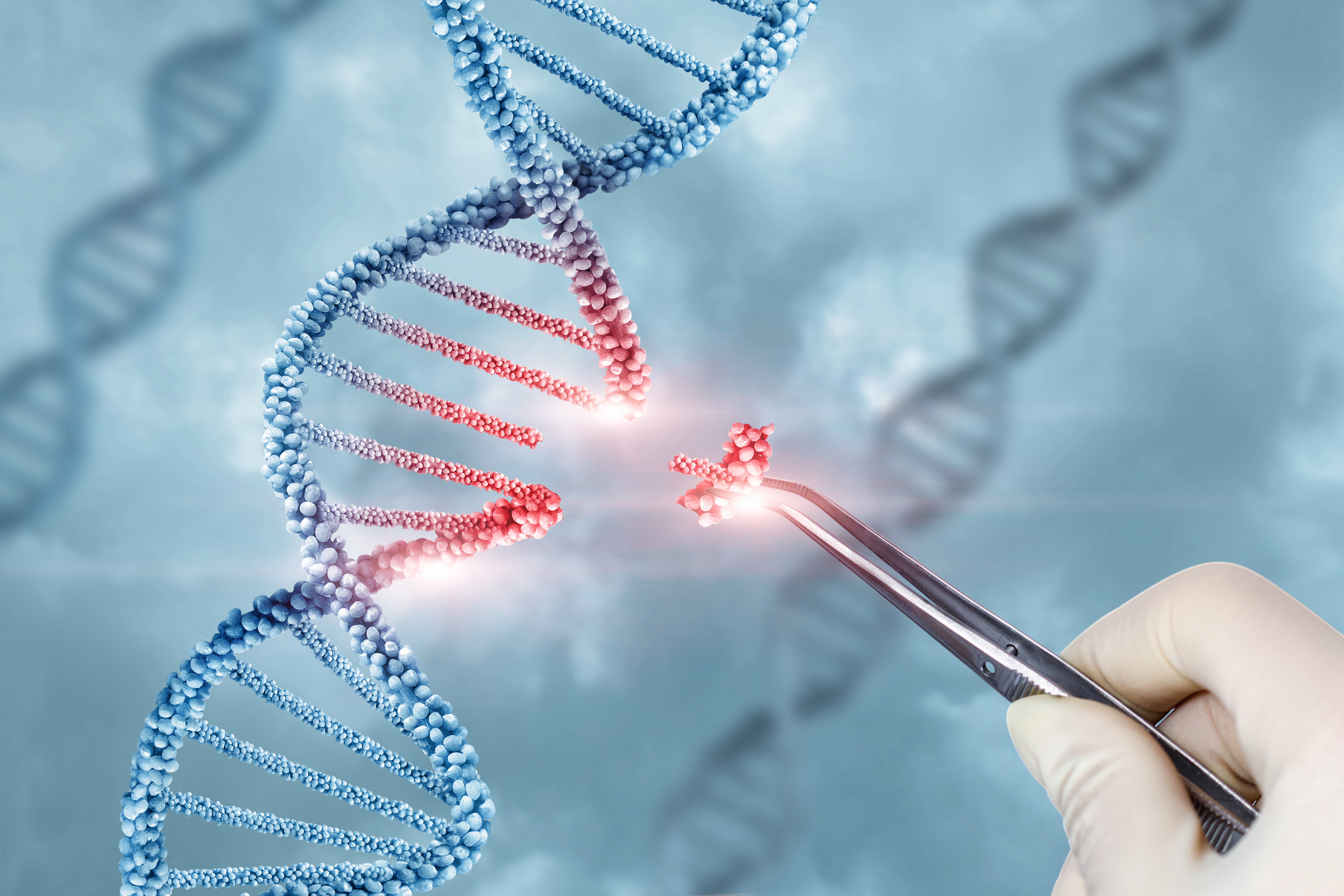
Entrepreneur Joshua Errett is aiming to remove animals from the food chain. His first move is to shake up pet food.
Forward: features are independent pieces written for Mewburn Ellis discussing and celebrating the best of innovation and exploration from the scientific and entrepreneurial worlds.
‘The way we produce meat is completely unsustainable,’ says Joshua Errett, CEO of Noochies! Cultivated Pet Food. “Something’s got to change.’
It’s a mainstream view, but Errett is an entrepreneur with a plan to do something about it. In the midst of a revolution in lab-grown meat, Errett is the pioneer in the pet sector. His products mean pet owners can feed their carnivore companions without animals.
His first product is Noochies! Dog Snacks, a biscuit treat for canines. It’s high in protein, with nutritional benefits for the immune and digestive systems. The snack is made from bioreactor-produced yeast.
‘We use a single ingredient, – nutritional yeast,’ explains Errett. ‘“Nooch” is a nickname for nutritional yeast in the industry. It’s already a cult ingredient for vegans and people avoiding meat and dairy, so the brand name makes sense.”
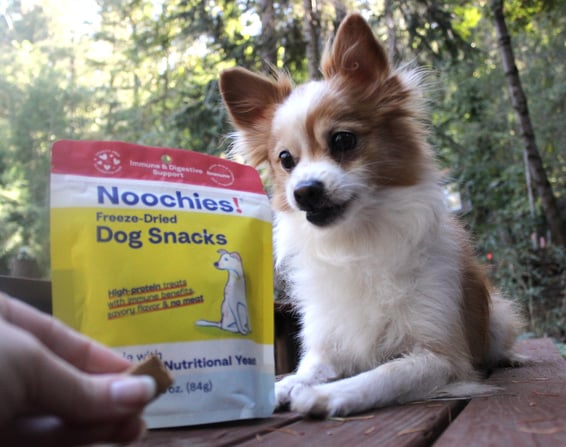
Noochies! Dog Snacks, a biscuit treat for canines, is made from bioreactor-produced yeast
The idea of yeast snacks isn’t new. Marmite in the UK and Vegemite in Australia are immensely popular yeast foods. However, Errett has brought a twist. ‘We’ve elevated it,’ he says. ‘We found a way to isolate it so it doesn’t have to be an additive. It is its own treat. We reverse engineered it to be easy to digest and to freeze dry in the right way.’
The company has two patents on these processes. ‘We could have gone for a trade secret,’ he reveals. But a patent offers strong protection in the US, which is Noochies!’ launch market.
Cultivated fish
Yeast treats are great, but cats and dogs love the taste of meat and fish products. And while dogs will wolf down almost anything edible, cats are a little sniffier. So Errett took a different route and launched a sister brand for cats.
‘I realised nutritional yeast could be a substrate. We could add things to it. So we came up with Marina Cat, a treat with a cultivated ingredient in it, which is red snapper. We work with a partner who has a patented technique to extract a cell from a red snapper and then proliferate that in the bioreactor. The output is like actual fish tissue. Marina Cat treats contain this red snapper lab-grown fish meat, so cats get the protein they enjoy.’
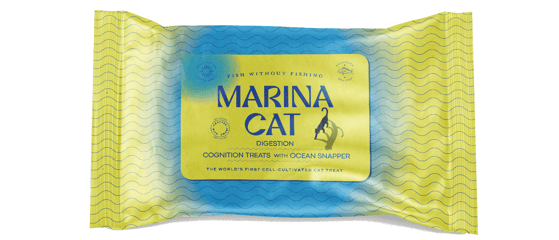
Marina Cat treats contain red snapper lab-grown fish meat
The snack means cats consume ethical, lab-grown fish, getting all the health benefits, along with the B vitamins found in nutritional yeast. The product will launch in 2024.
Errett maps out a plan to scale up across food markets, and that requires moving fast. ‘Our model is to use strategic partnerships,’ he says. ‘Doing it all ourselves would be very, very difficult. We have an exclusive contract with Umami Bioworks in Singapore for the red snapper. We have another partner with a yeast producer.’ Other contracts include design, packaging and distribution. It’s a lean, low-cost model designed to keep overheads low, yet offer scale with demand.
The market
While cultivated meat has huge potential, commercialisation is challenging and it has taken time to take the initial proof of concept for cellular agriculture to commercial reality.
However, there has been significant progress towards widespread commercialisation of cultivated meat recently, with the United States Department of Agriculture (USDA)’s landmark approvals for the sale of cell-cultivated chicken by UPSIDE Foods and GOOD Meat in June 2023.
Noochies! and Marina Cat have something of an advantage over competitors. The first is the chosen market. ‘Humans have a very particular set of criteria when they sit down to a meal,’ says Errett. ‘If they eat fish it’s got to look like a fish. When they cut into it, it’s got to be the same. Pets see things differently. They want something that’s nutritionally the same, but aren’t as picky.’
The second is regulatory. ‘The rules on pet food are easier to meet than for humans,’ says Errett. ‘We started with pet food as it’s easier to get approval. We absolutely have the ambition to take traditional meat out of the human food chain, but pet food is the best place to start.’
To crack the market he needs to know how to pitch the product. He’s got a lot of options. Noochies! and Marina Cat in theory are superior in terms of nutrition and therefore health benefits, carbon footprint, ethics – no animals are killed – cost (yeast is comparatively cheap) and flavour.
And the most effective? ‘We find the message around longevity is one that resonates with pet owners,’ says Errett. The treats you can buy your dog or cat often aren’t that healthy. They contain stuff like ash or are overprocessed. We mention longevity to owners and how a better pet snack can help your animal live a longer, and it’s something they understand.’ Errett owns two cats, having lost a third shortly after relocating to California from Canada, and the issue is sensitive to him. ‘We do all we can to have extra time with our pets, right?’
The vision
It’s clear Errett is a true believer in the cultivated food industry. He’s a vegan who studied philosophy at university and is animated by the ethical implications of his work.
‘I want to disrupt the food industry,’ he declares in earnest. ‘There is one food supply for humans and cats. All farmed animals. I want to offer consumers who are seeing the horrors of factory farming, and the damage to our environment, a choice. This is a crisis that demands urgency. We can’t move fast enough.’
It’s worth noting that, as a vegan for ethical reasons, Errett will indeed eat lab-cultivated meat and fish. But he acknowledges it’s a personal preference for each consumer.
He’s got the capital he needs, having secured Cult Food Science as an investor – a backer of some of the biggest names in the cultivated food industry such as Eat Just, Unicorn Biotechnologies and Pearlita Foods.
Next? ‘I’m working on supply agreements in Germany, Austria, the UK, Korea and Canada. We need to secure patent protection first, but that’s our aim.’
Fundamentally, Errett sees himself as part of a wider movement to rethink food.
‘The time is right,’ he says. “‘There is pent-up demand. My goal is to bring innovation from the lab to the market. We need new forms of eating, and I’ll do whatever it takes to make it happen.’
Strategic partnerships driving innovation
Eleanor Maciver, Partner, Patent Attorney and Sustainability Champion at Mewburn Ellis comments:
“With analysis highlighting the carbon footprint of producing traditional pet foods, it’s exciting to see innovators tackling the problem of providing sustainable foods for companion animals to meet their different nutritional needs. Strategic partnerships can help drive innovation, sharing knowledge and expertise in order to bring products to market that would not otherwise exist and more quickly. Coupled with Joshua’s clear understanding of what is needed to get a product to market this makes an exciting new development to watch."
Eleanor is a Partner and Patent Attorney at Mewburn Ellis. She is also our Sustainability Champion and is responsible for leading the firm’s environmental strategy and our sustainability collaboration group, ensuring this remains an important focus for the firm. Eleanor is passionate about the role technology can play in a more sustainable future and enjoys working in close partnership to use her expertise to advance the commercial goals of her clients in this important area with a particular focus on sustainable chemical and material inventions.
Email: eleanor.maciver@mewburn.com
Sign up to our newsletter: Forward - news, insights and features
Our people
Our IP specialists work at all stage of the IP life cycle and provide strategic advice about patent, trade mark and registered designs, as well as any IP-related disputes and legal and commercial requirements.
Our peopleContact Us
We have an easily-accessible office in central London, as well as a number of regional offices throughout the UK and an office in Munich, Germany. We’d love to hear from you, so please get in touch.
Get in touch
